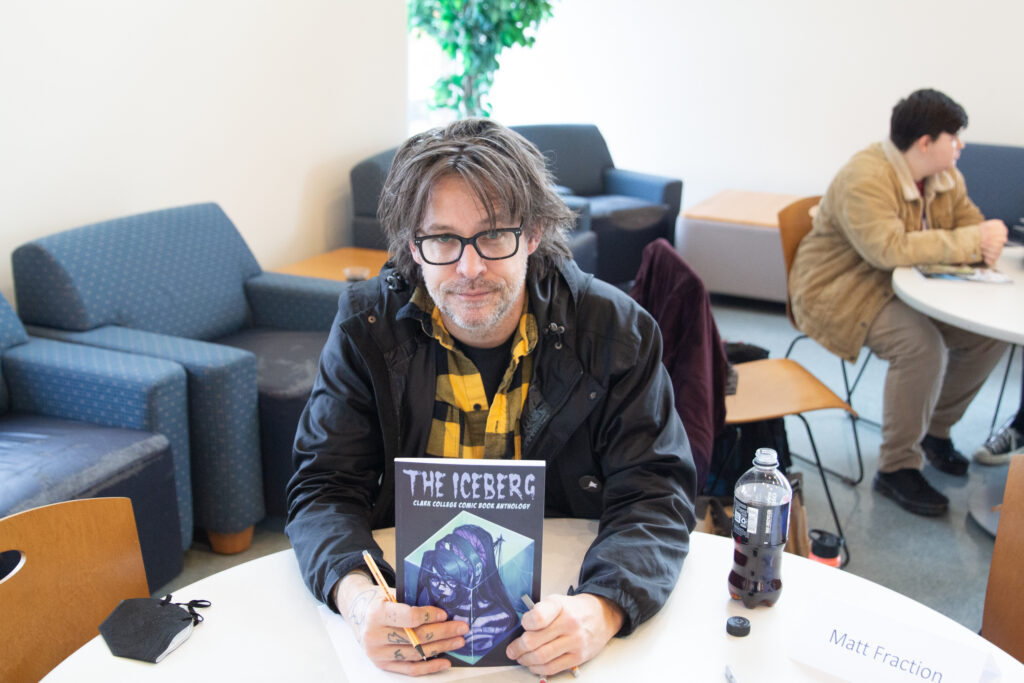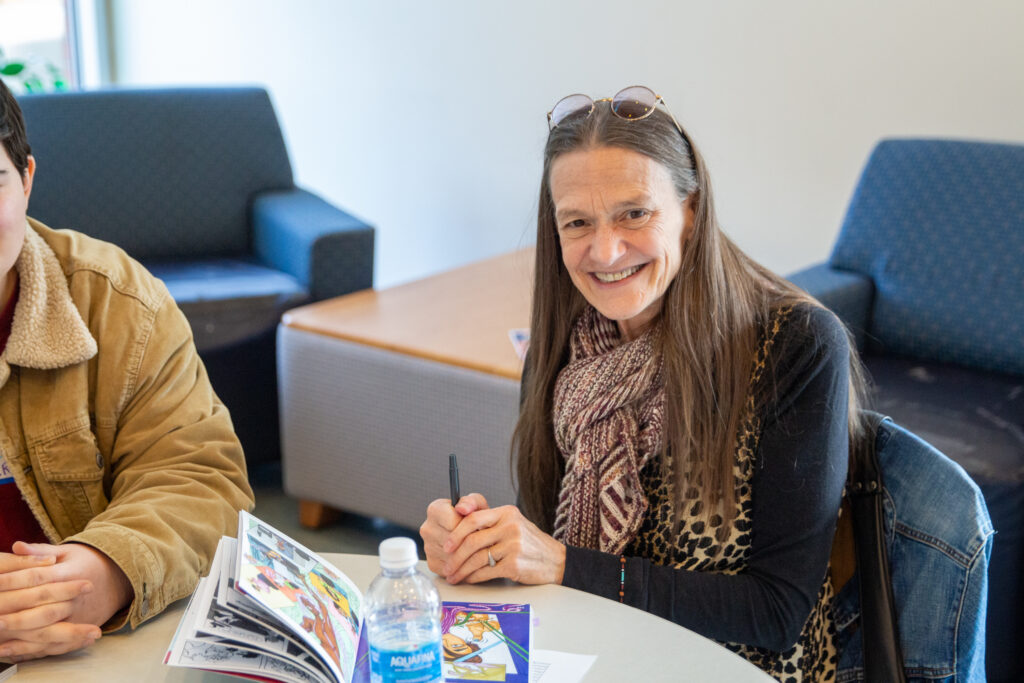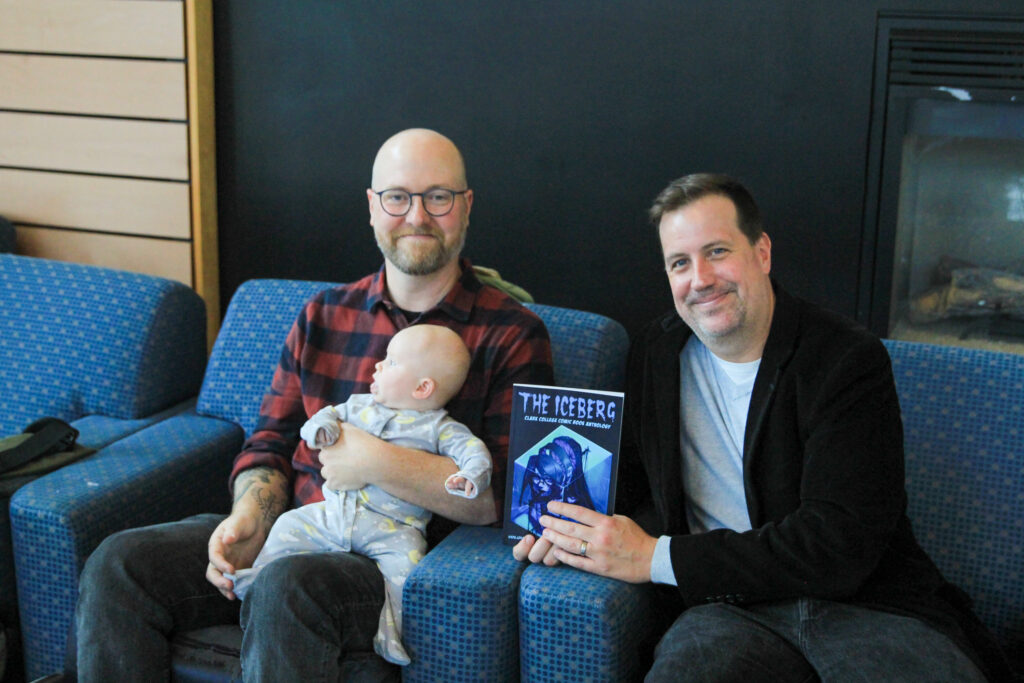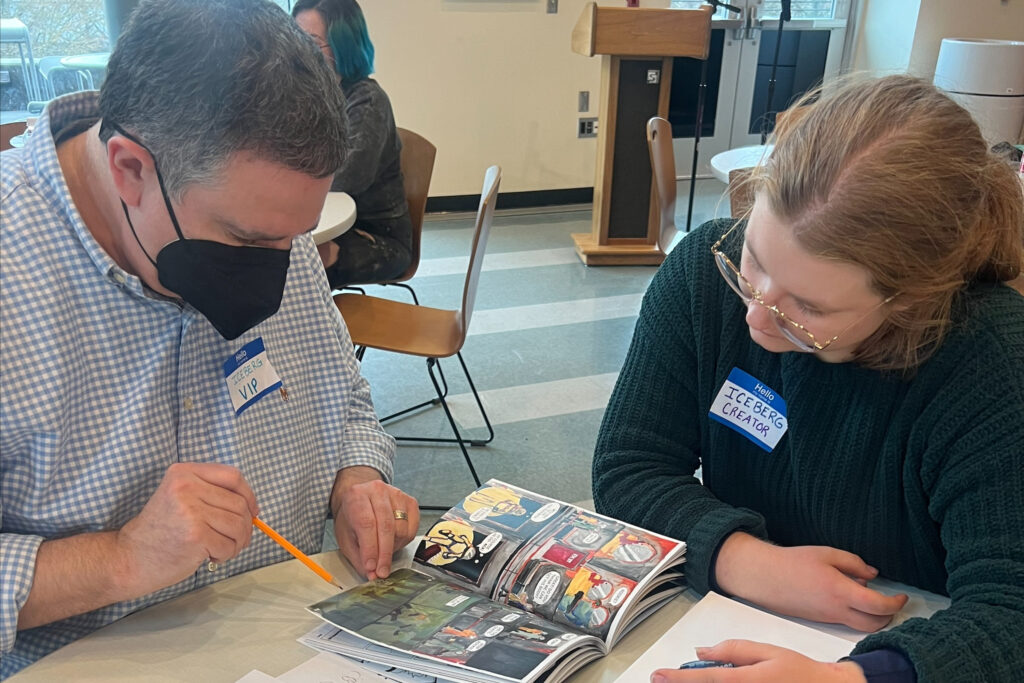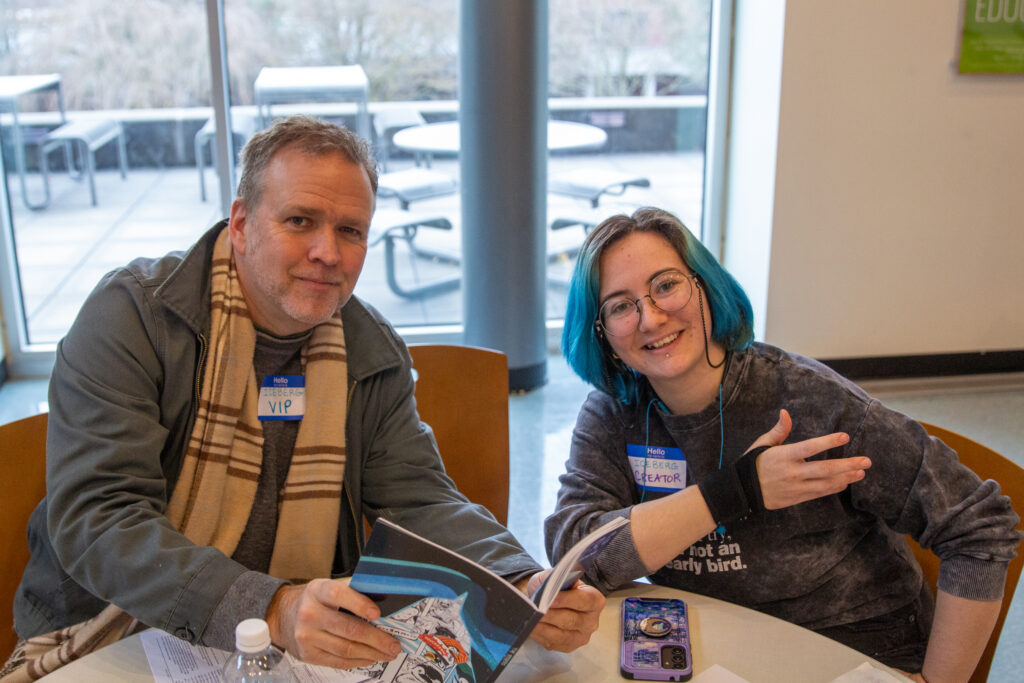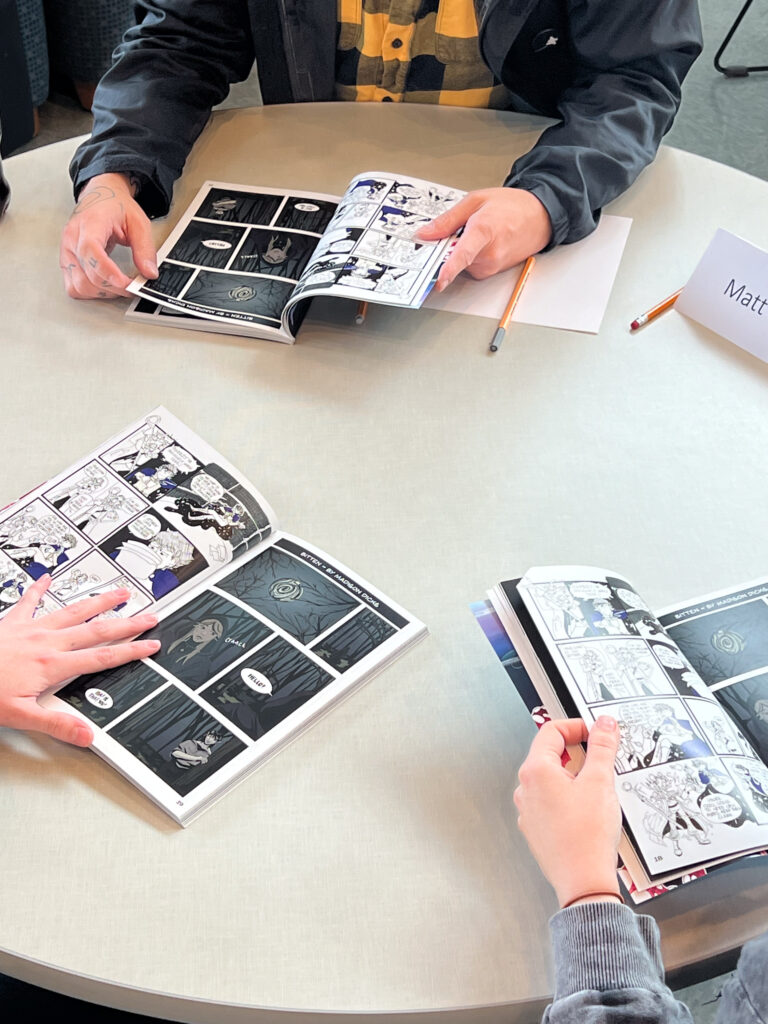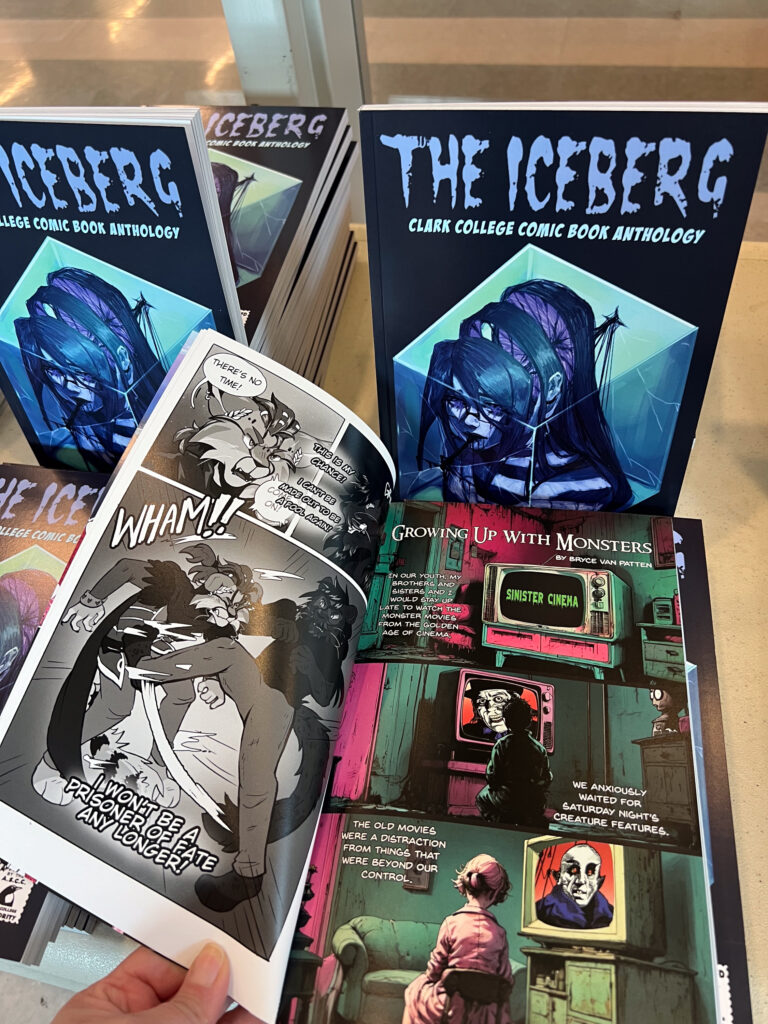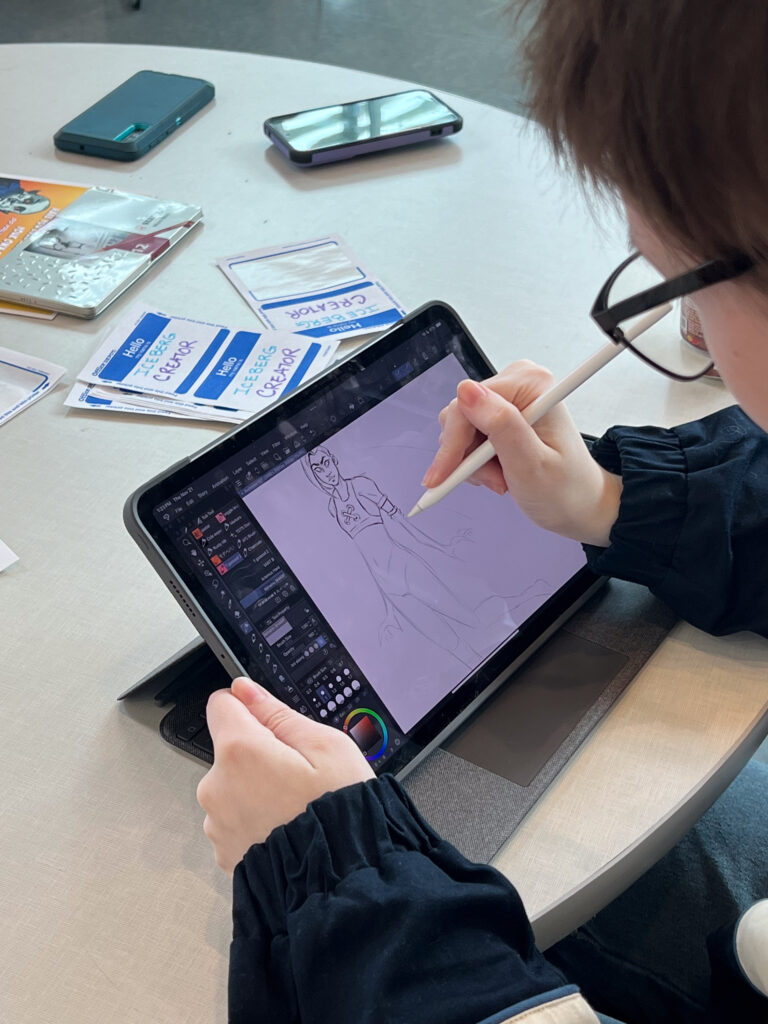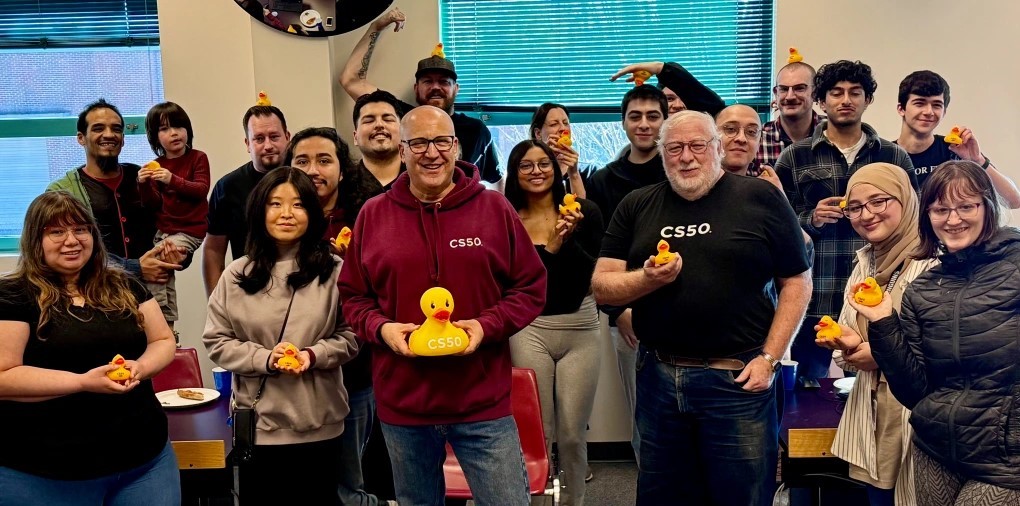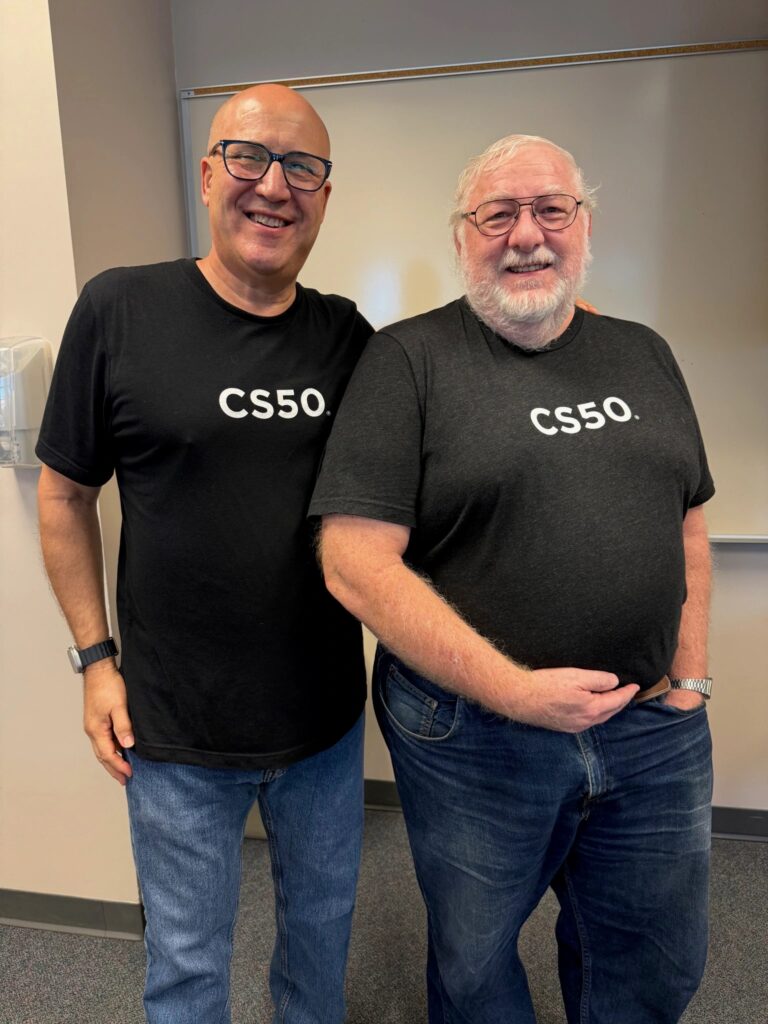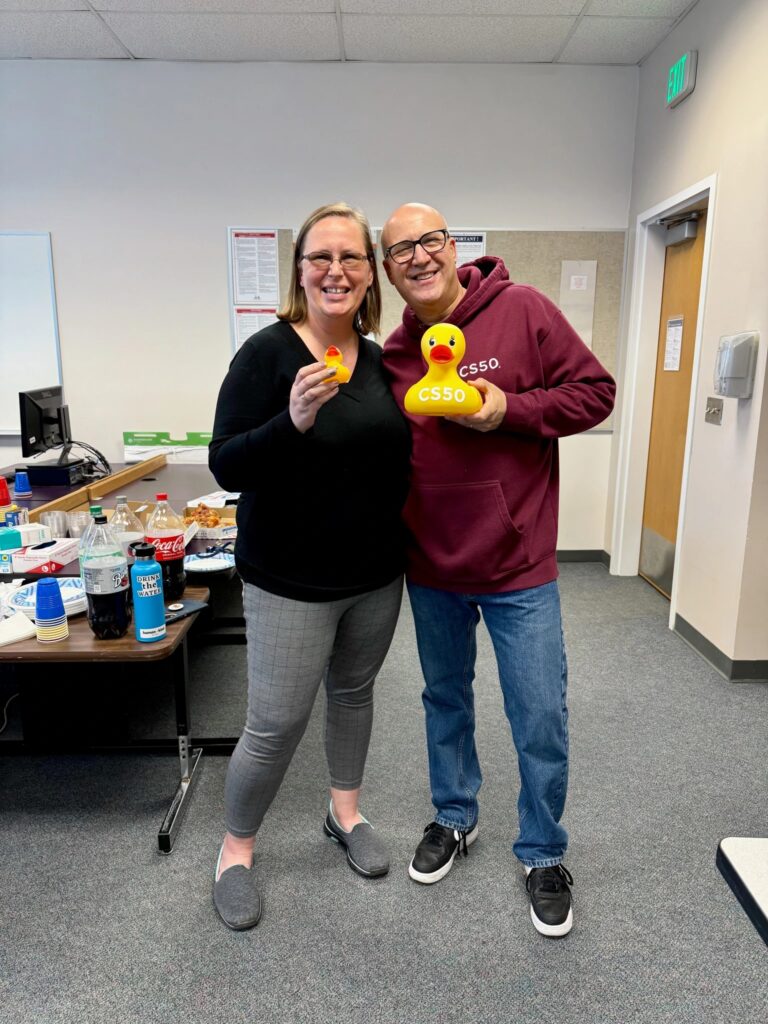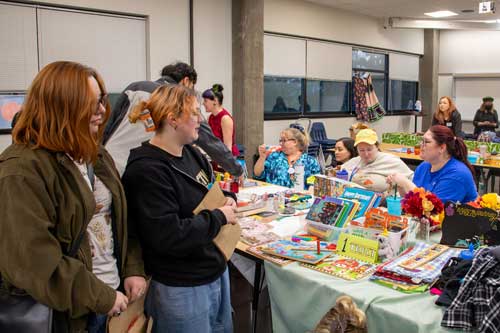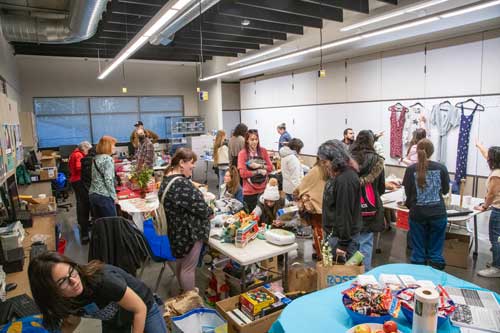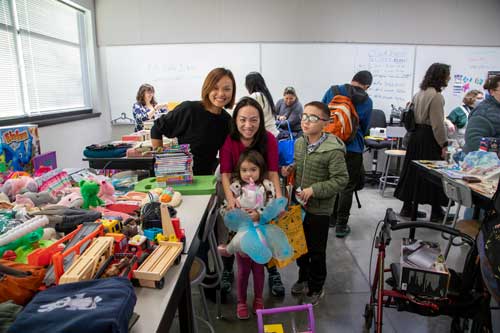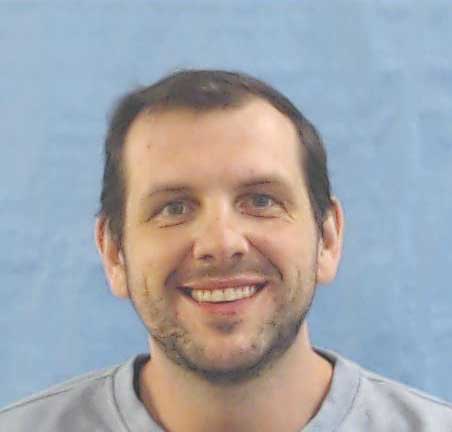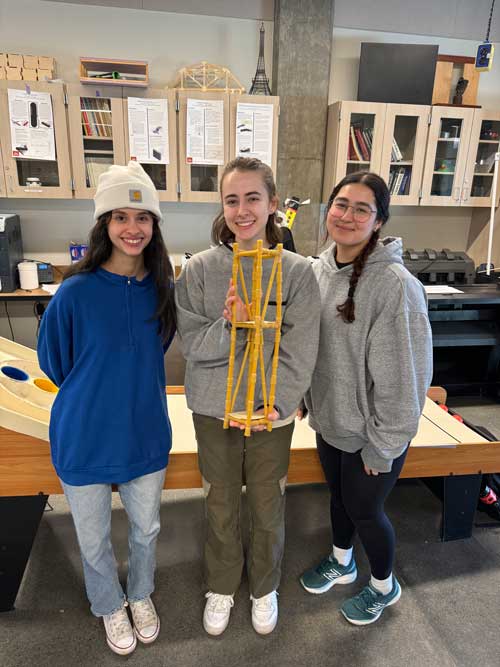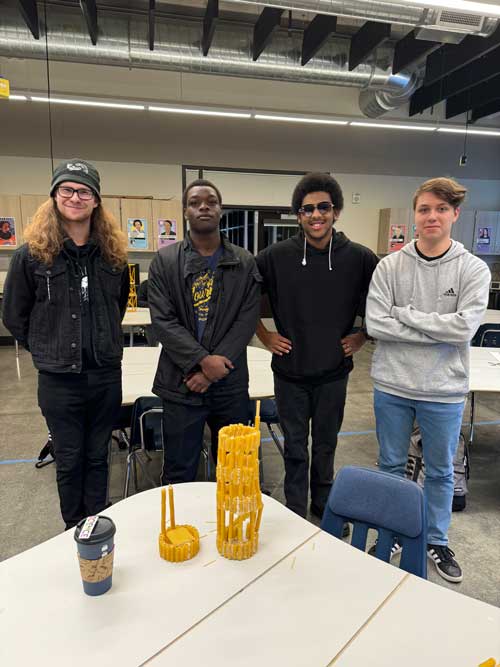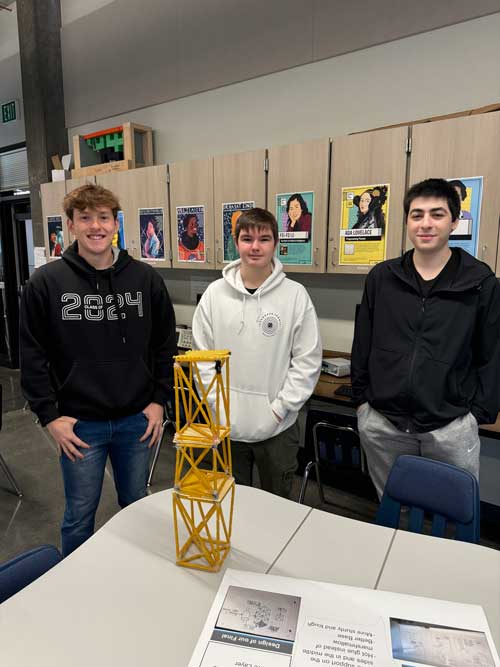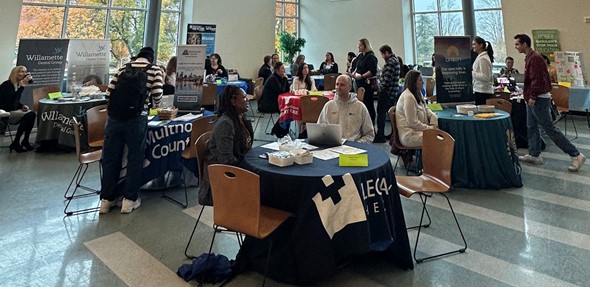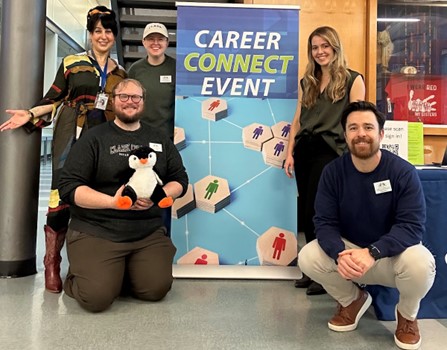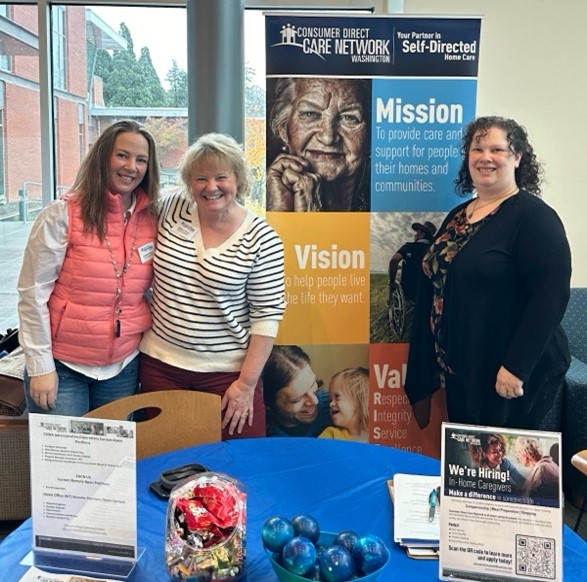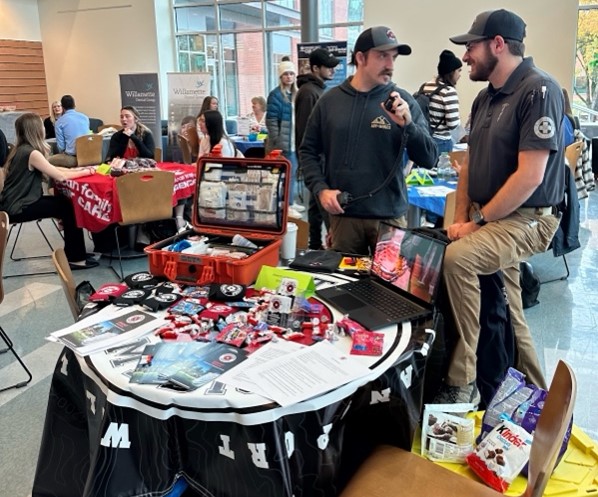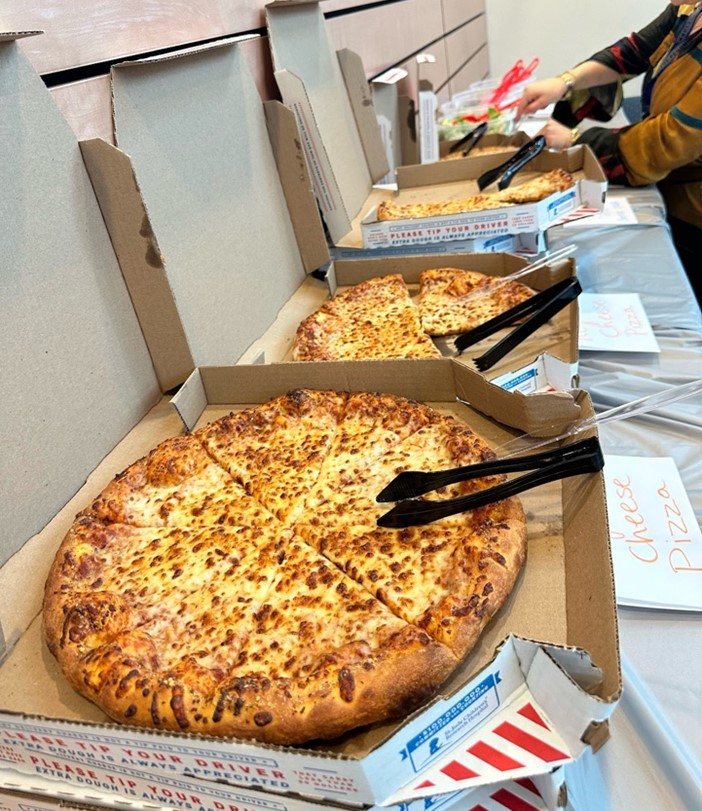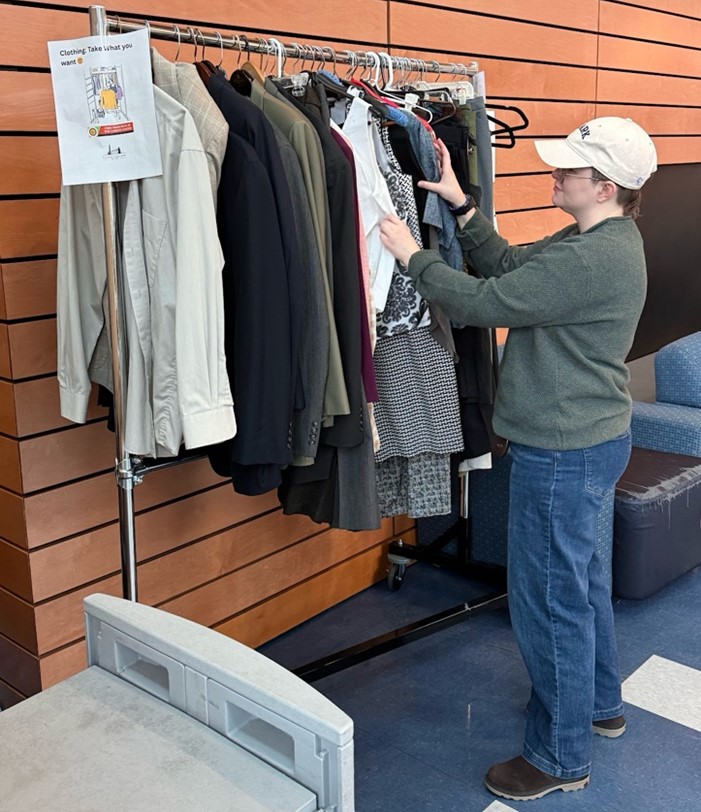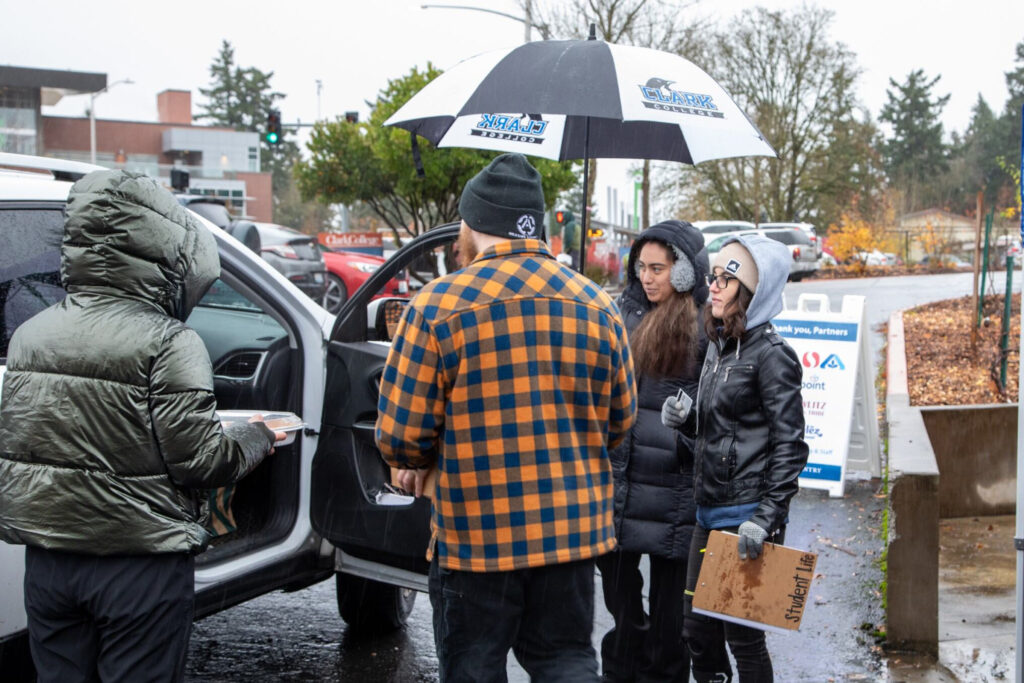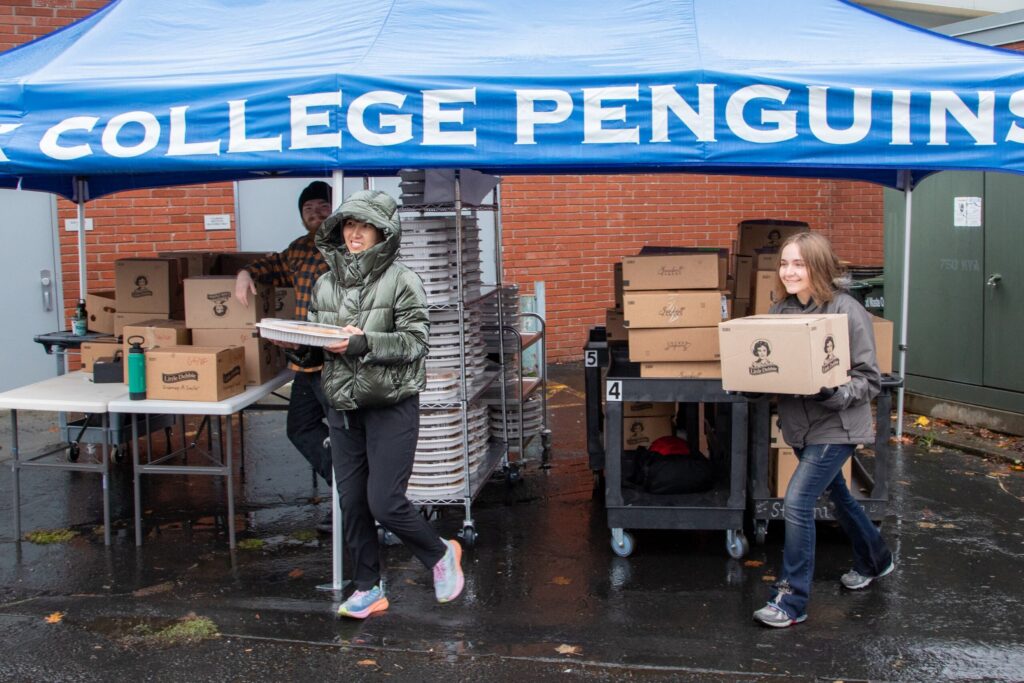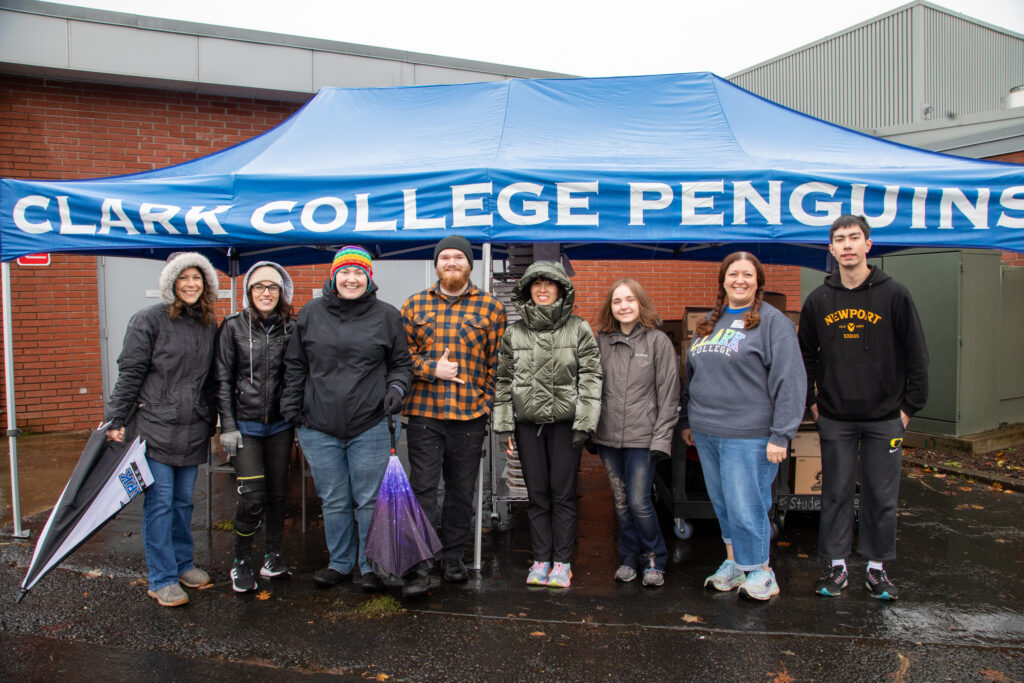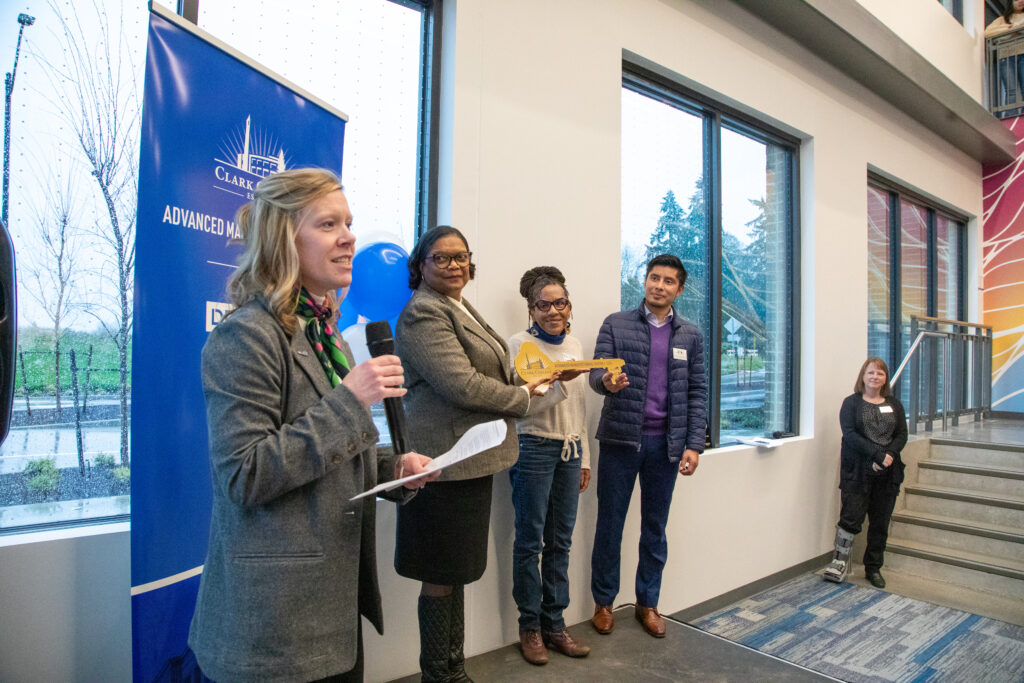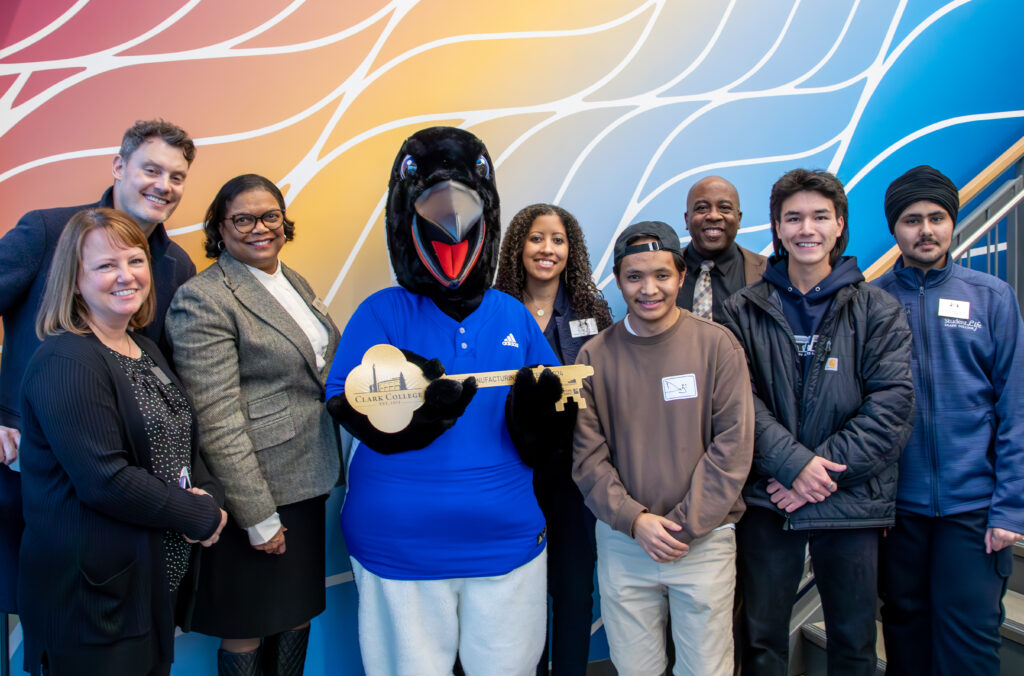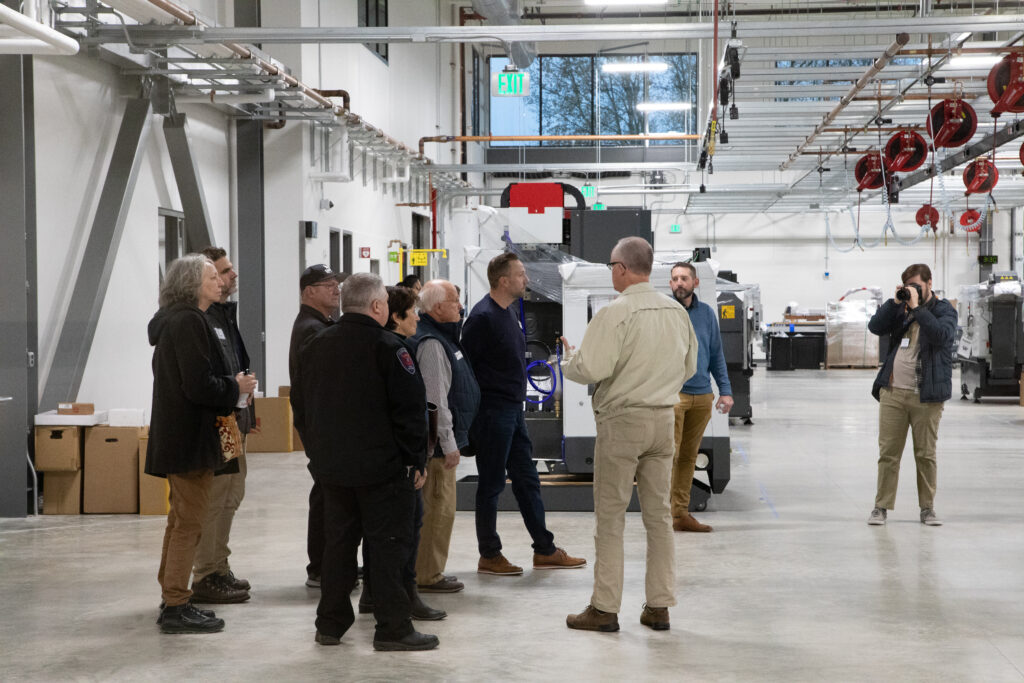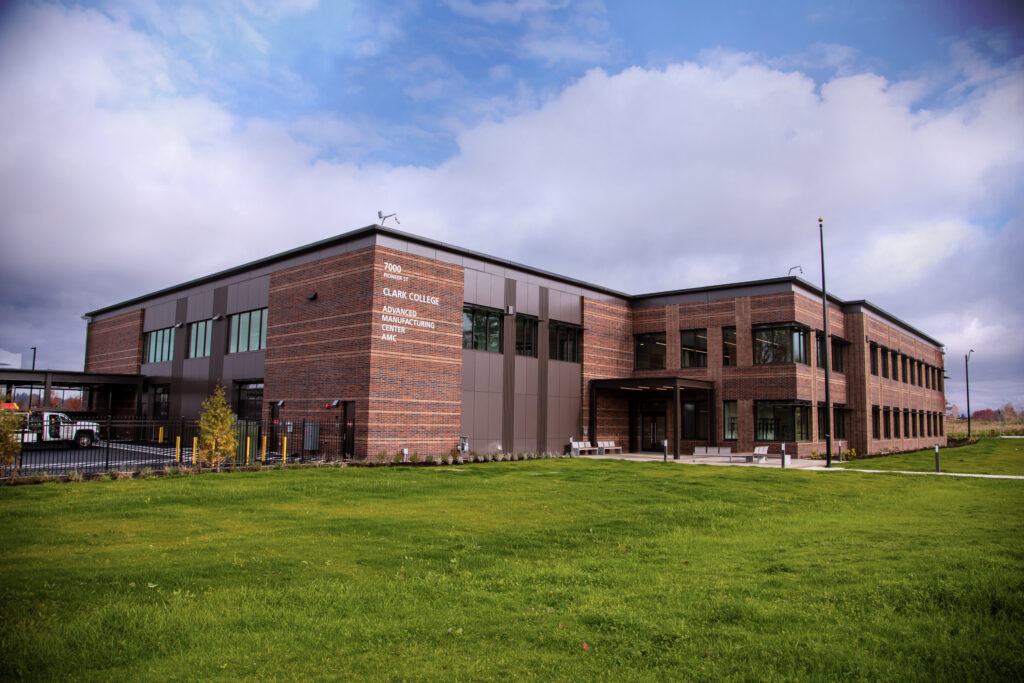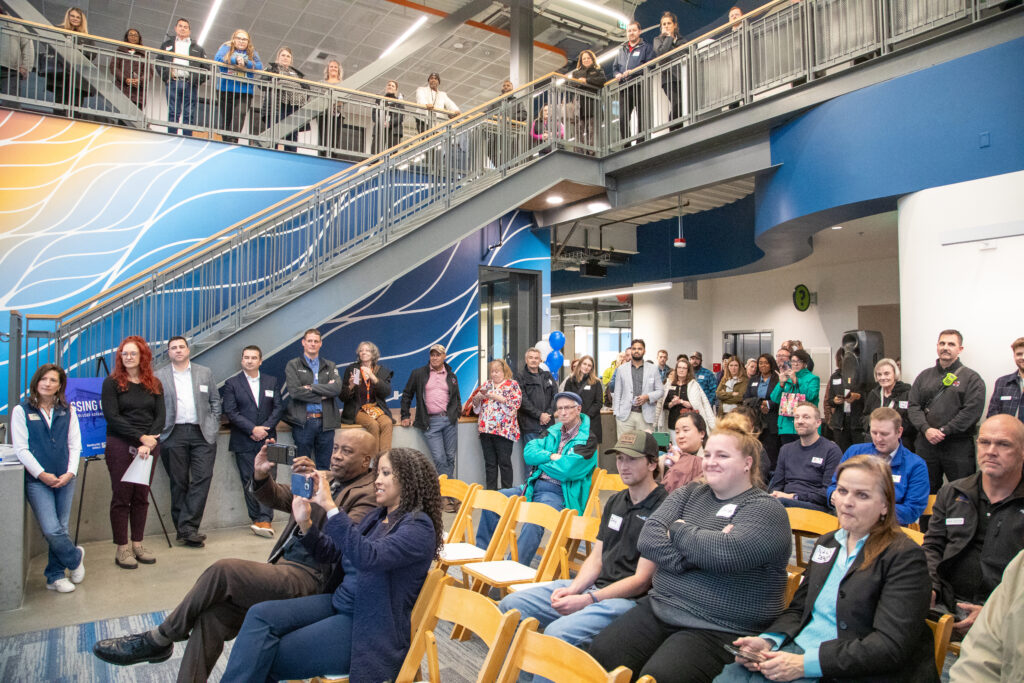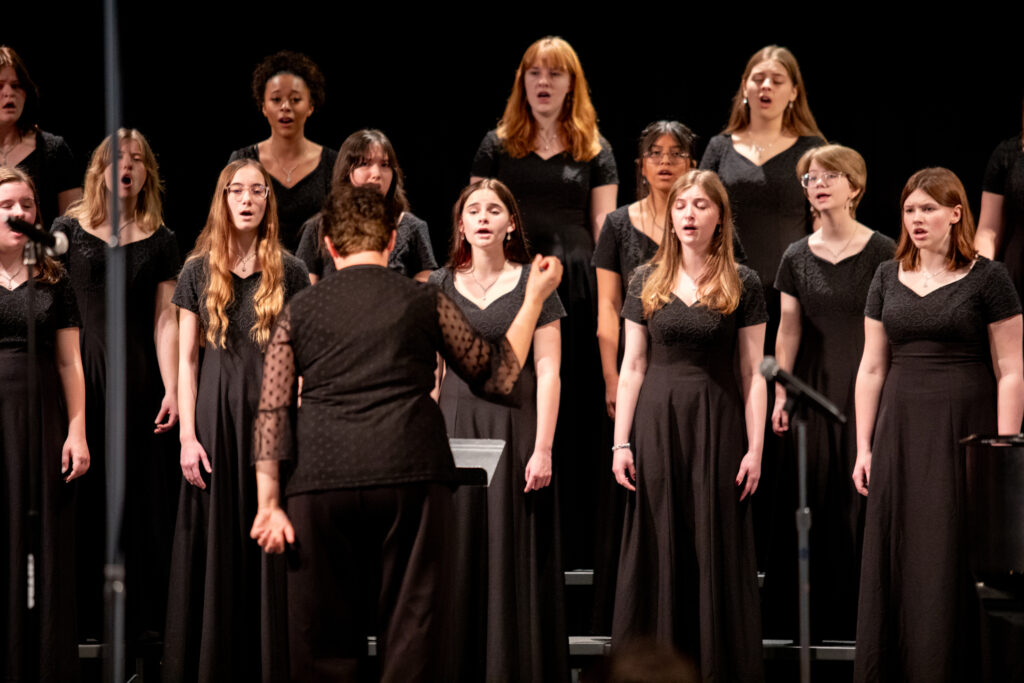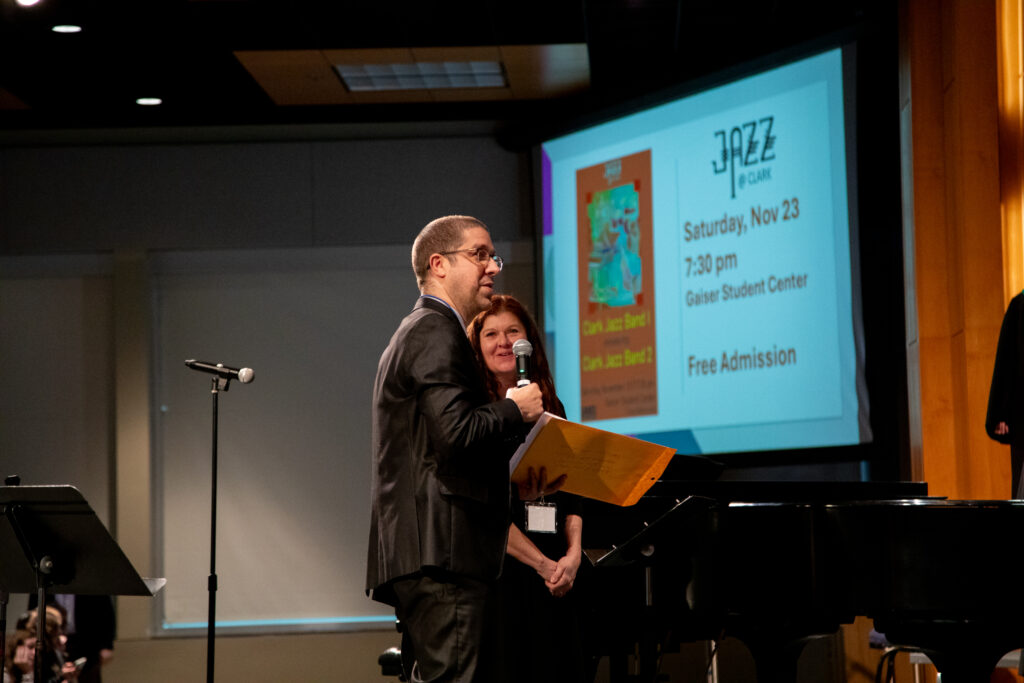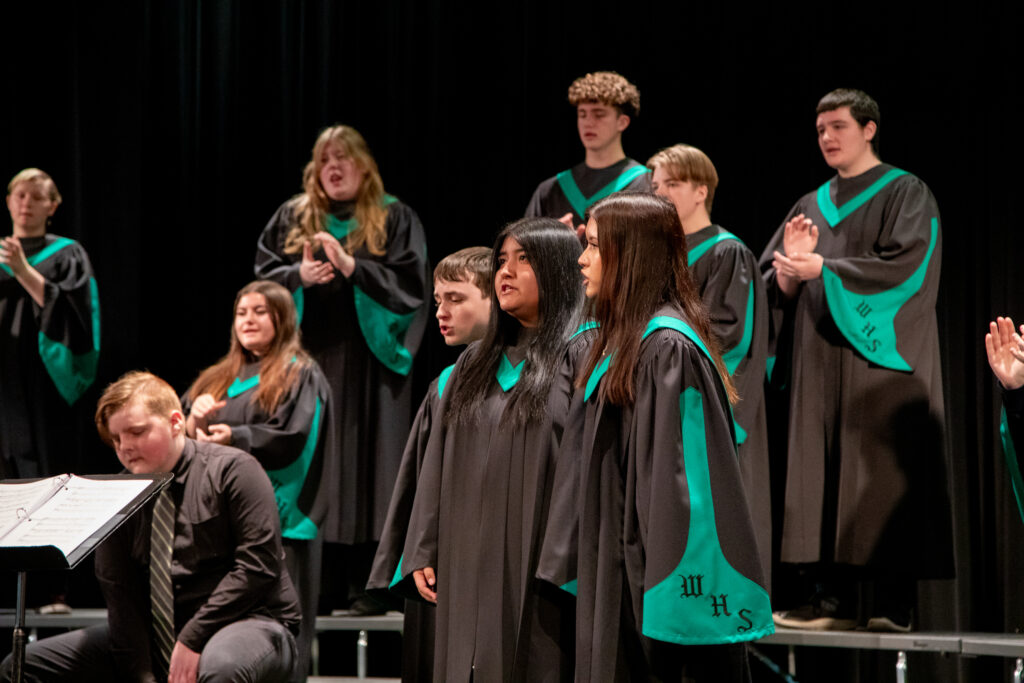Student Artist Recognized by Phi Theta Kappa
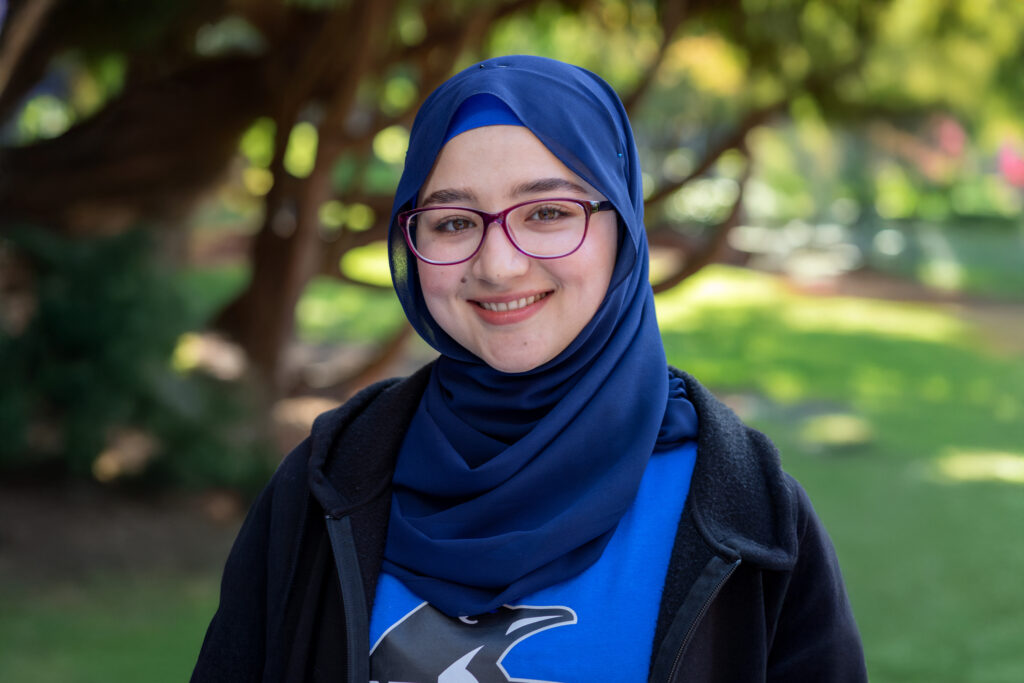
Student Beheshta Eqbali, a member of Clark’s Phi Theta Kappa honors society, has been named a PTK Visual Arts Award recipient for her painting Afghan Girl. Her work will be published in the 30th edition of Nota Bene, Phi Theta Kappa’s honors anthology, and she will receive a $500 scholarship. The anthology will be printed in 2025.
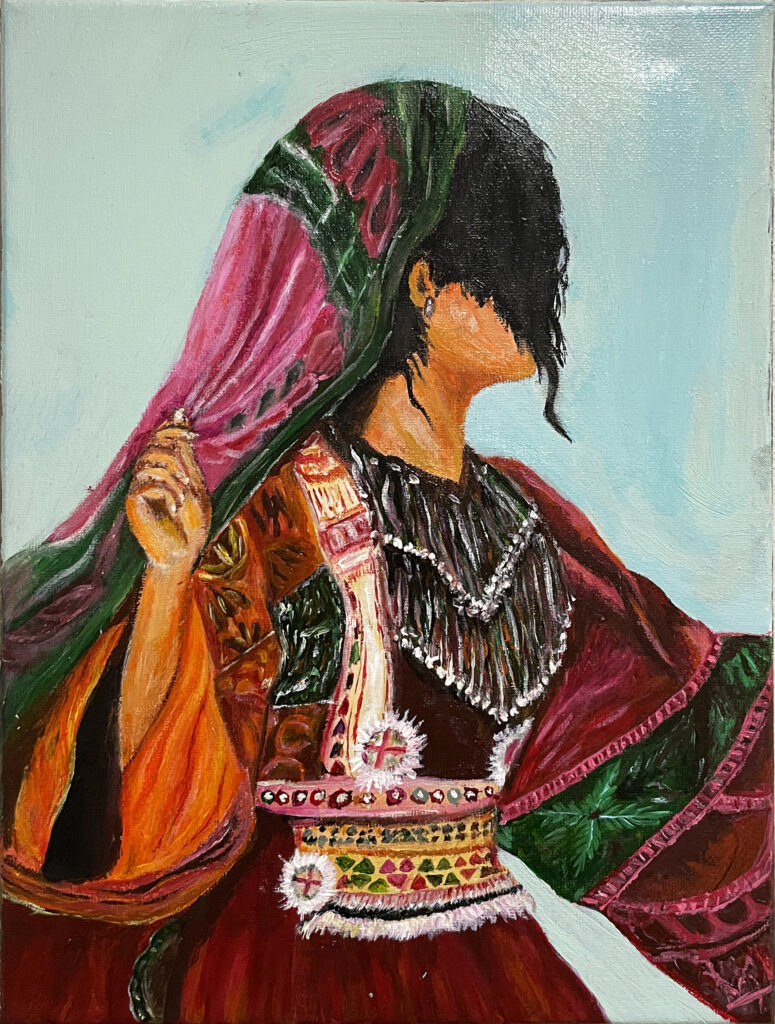
Eqbali is a student leader in the Activities Programming Board. Her painting is being displayed in the ASCC Student Life offices in PUB 160.
PTK Advisor Darci Feider said, “Beheshta is a valued member of Clark’s PTK chapter. We are so proud of her for receiving the PTK Visual Arts Award for her beautiful painting, Afghan Girl. We’re excited that her work will be published in Nota Bene, and we can’t wait to see her honored in the Parade of Scholars at the PTK Catalyst convention in April. It’s wonderful to see her talent recognized on such a big stage. Our chapter is thrilled to support her and to celebrate this incredible achievement!”
About PTK
Phi Theta Kappa is the international honor society for two-year colleges. PTK recognizes the academic achievement of college students and provides opportunities for its members to grow as scholars and leaders. Clark’s PTK chapter is Alpha Sigma Phi. Students are invited to join PTK when enrolled in at least 12 credits per term and achieve a minimum 3.25 grade point average.
Learn more about Clark’s PTK chapter here.
Q & A with Artist Beheshta Eqbali
Q: How long have you been painting?
BE: Art has been part of my life since I was a kid, but it became something much stronger in my teenage years and continues to be a powerful part of my life today. At first, painting was just a way to express myself without words. English is still new to me. Over time, though, it became something deeper, almost like therapy. It’s where I feel myself most, a space where I can share my thoughts and emotions without saying a word.
Q: What inspired you to paint Afghan Woman? Was there a specific person or event that inspired you?
BE: This painting is inspired by the courage and resilience of Afghan women, especially those who have faced unimaginable hardships yet carry strength in their eyes. It’s also deeply personal for me a way of staying connected to my culture and honoring the people who have shaped me. When I paint, I feel like I’m preserving a piece of my identity, even as I grow and adapt in a new world.
Q: What is the significance of your painting?
BE: For me, Afghan Girl is more than just a painting; it’s a reminder of where I come from and the heritage I carry with me. I see it as a silent storyteller, one that speaks of beauty, struggle, and quiet pride women into Afghan life. Through her expression, I hope others can feel the same depth of love and resilience that I see in my own people.
Q: What field are you studying at Clark?
BE: I’m studying web development because I love creating and problem solving, but painting remains close to my heart. My studies keep me grounded in technology, but painting keeps me balanced. It is where I can explore my creativity. It’s my place to be vulnerable and tell stories that go beyond the digital world and into something more personal. It’s a space where I can connect with my roots and share a part of myself that goes beyond the pixels on a screen.
